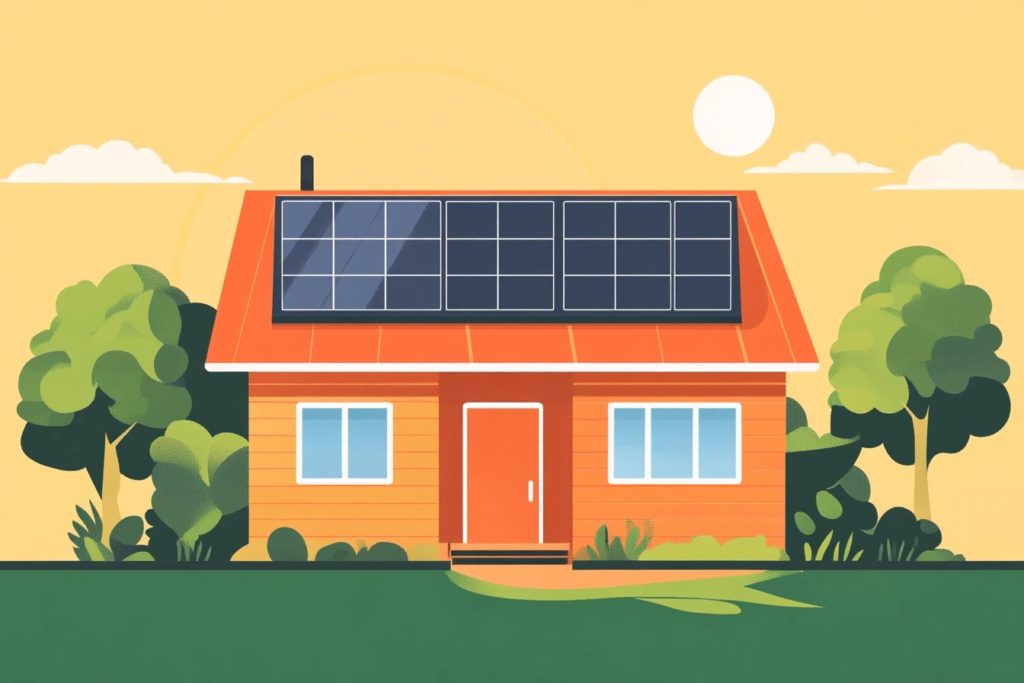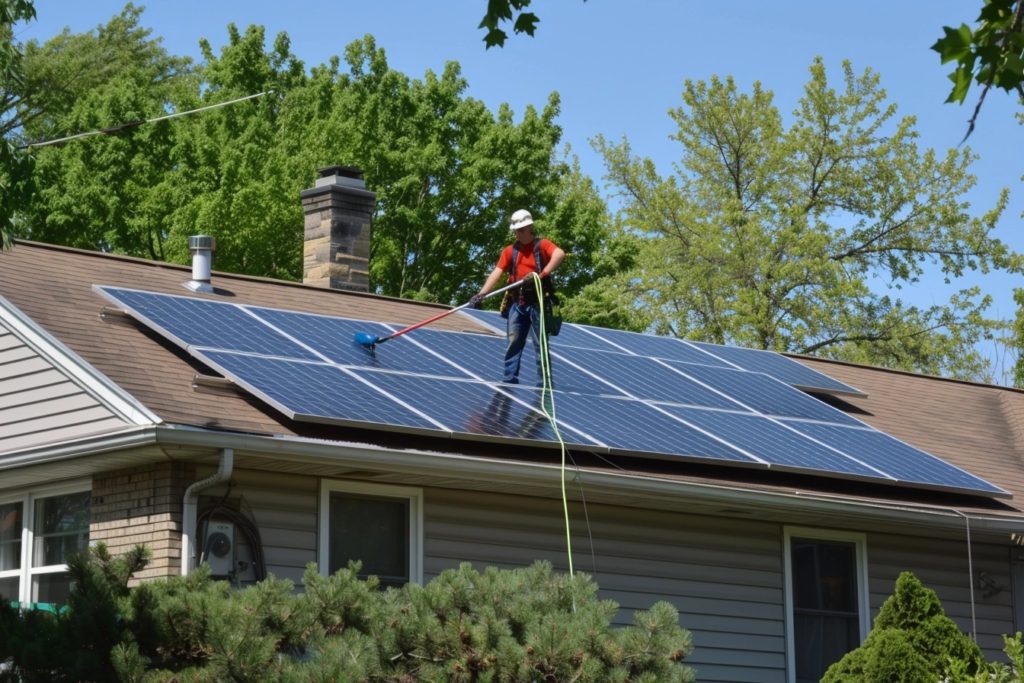There’s no question that purchasing a residential solar panel system is a significant investment. But when does that investment start to pay off? The important aspect of this question to understand is that once you’ve paid off your solar panels, they keep producing energy for years at no additional cost to you.
There isn’t any single uniform answer to this question, due to the fact that there are so many factors involved with determining the cost-effectiveness of solar energy. However, you can put together a rough estimate by analyzing a few key elements.
You’ll need to factor in how much you’ll invest in your solar panels, which depends on the size and efficiency of your home, and the amount of peak sunlight you receive on an average day. Once you figure out how much energy you need, you should consider how much money you can save through solar incentives and tax rebates in your area. Are there solar tax credits available? How about net metering arrangements with local utility providers? Answering questions like these will get you one step closer to determining your break-even point.
Then, you should figure out how much electricity costs from your utility company, in order to properly analyze how much money you’re really saving from each kilowatt-hour generated by your solar system. If you would like some help figuring out where exactly your break-even point for solar panels would be, contact one of our representatives today. Speaking to a LGCY Power Energy Consultant will help you determine how much money you can save with solar energy at your home.




